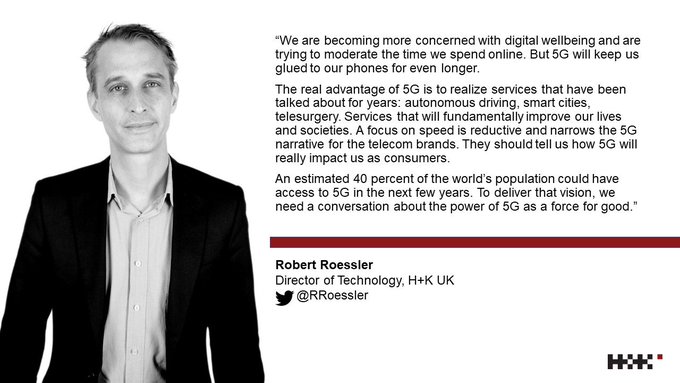While Westminster once more turns to the government’s Brexit deal, there have been interesting deals and dealings in technology this past week. US private equity company Thoma Bravo acquired Oxfordshire-based cybersecurity firm Sophos for £3.1 billion. This acquisition can be interpreted as both and bad news for UK businesses. The ability to create a strong company so that it attracts international investment is a good sign of UK competitiveness. But then, a weak Sterling makes UK companies a cheap acquisition target, so there are also concerns. Further takeovers are likely to make the sell-out voices louder.
There was a more muted response when US investor KKR announced its intention to spend £500m on a majority stake in Hyperoptic, one of the altnets – telco providers with the financial resources and technical capabilities to build their own fibre infrastructure. With the government’s announcement to spend £5 billion on a nation-wide full-fibre broadband, KKR’s move makes sense. The political will to overhaul the UK’s connectivity has now also officially confirmed in the Queen’s Speech, and regardless of political developments, it seems likely that both incumbents as well as altnets will see financial gains. All they now need is that the actual laying of fibre cables will become easier.
There was a more muted response when US investor KKR announced its intention to spend £500m on a majority stake in Hyperoptic, one of the altnets – telco providers with the financial resources and technical capabilities to build their own fibre infrastructure. With the government’s announcement to spend £5 billion on a nation-wide full-fibre broadband, KKR’s move makes sense. The political will to overhaul the UK’s connectivity has now also officially confirmed in the Queen’s Speech, and regardless of political developments, it seems likely that both incumbents as well as altnets will see financial gains. All they now need is that the actual laying of fibre cables will become easier.
